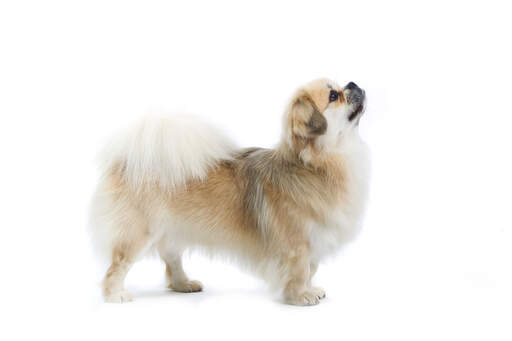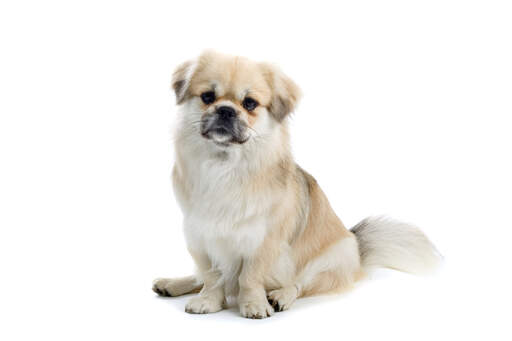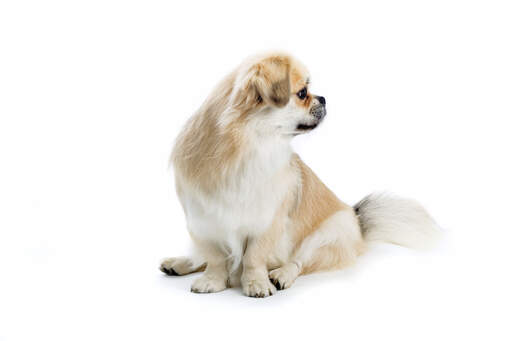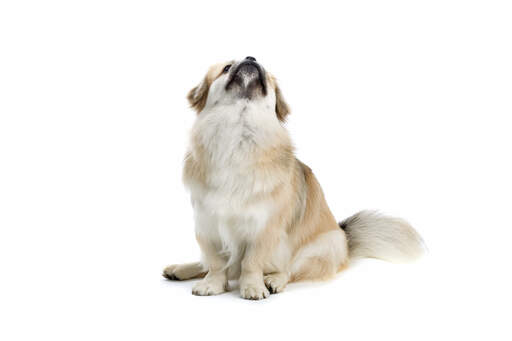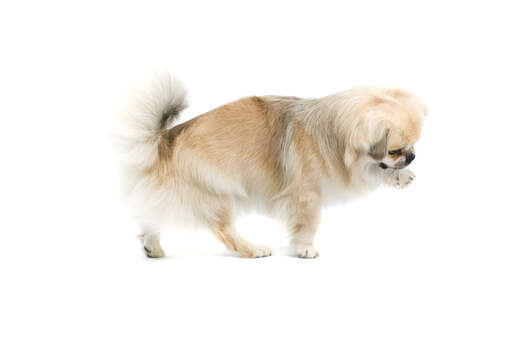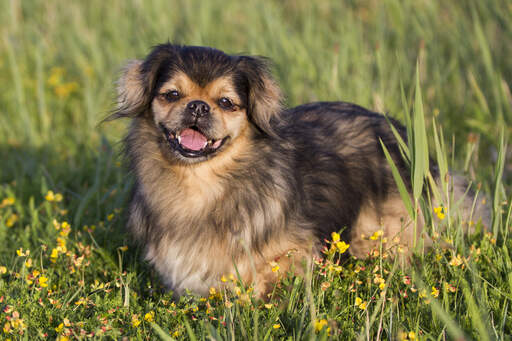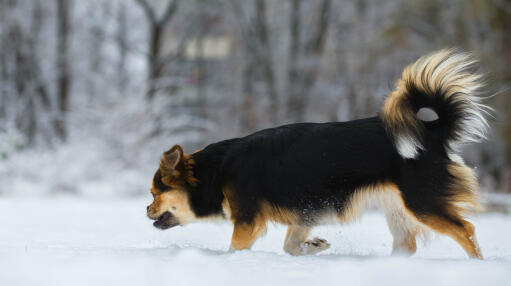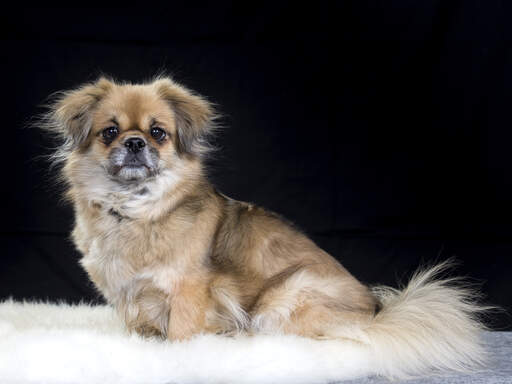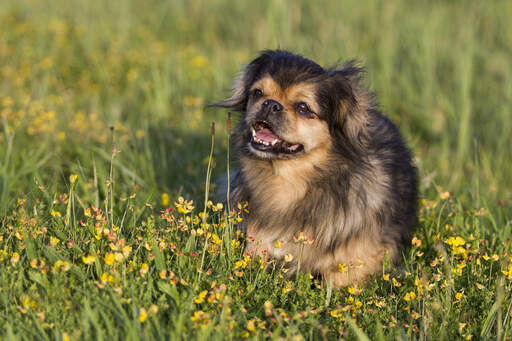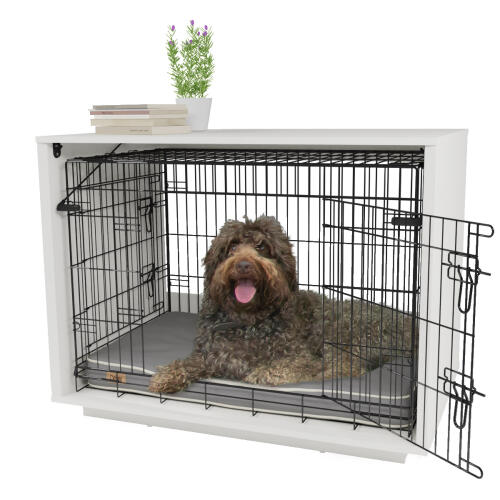Tibetan Spaniel Dogs










History
This breed comes from Asia, where they were kept as “Luck Bringers” or “Holy Dogs” by the Lamaist Monasteries. They were usually kept as companions rather than for work, though they were sometimes used to help herd livestock. They aren’t actually Terriers, but were just given the name due to the fact that they are a similar size to Terriers. They made their way to Europe via India and soon made it across the pond to America. They were admitted into the American Kennel Club in 1973. They are still a rare sight.
Behaviour
Tibetian Terriers are friendly and kind dogs, they love to be around people. They are very in touch with their owners and will come and offer support if they sense that something is wrong. They get along well with children, if they behave respectfully, and will also be fine with other dogs and pets if raised with them. They will bark when someone is at the door, but usually are welcoming of strangers once they come inside. Smart creatures with an active mind, you need to make sure that your dog has something to do to keep them stimulated and prevent boredom and destructive behaviour. They can suffer from separation anxiety.
This is a very smart breed, only choosing to learn something if they feel like it. This can make training a bit of a chore. They soon get fed up with repetition and prefer something new and fresh each session, ideally something that also stimulates their minds. Patience will be needed when training, food rewards and positive praise will help speed up the process a lot.
In general, they don’t need heaps of exercise, though a good-lengthed walk and a run around the park will be in order. The amount of exercise required varies from dog to dog, some will want to walk for hours on end whilst others will just want to do their business and head back inside. Tibetian Terrier make for a great therapy dog simply because they are os in touch with those around them and love the attention that they get from it. They like to be by their owners' side at all times, don’t be surprised if you wake up to find this dog lying next to you in bed.
Their long coats can be prone to matting and often pick up debris when outside. A daily brush will be needed to keep it looking neat and tidy. Bathing once a month is also recommended. They have thick double coats, the outer layer of which tends to shed a bit. Quite a hardy breed, though they can be more prone to Progressive Retinal Atrophy.
Temperament
Tibetan Terriers have a loving and companionable temperament. Adaptable little dogs that will generally be very happy so long as they are in a loving environment. One of their favourite things to do is to charge around in the snow but they also love a cuddle on the sofa. They are ok with strangers (both animal and human). However there is still room for improvement so early socialisation is important for a well rounded dog.
Health Problems
Possible health problems include progressive retinal atrophy (PRA: degeneration of the retina which can lead to blindness), other eye problems, allergies, canine hip dysplasia (CHD), patella luxation (dislocation of the knee cap), elbow dysplasia and heart disease.
Breed Details
- Status: Rare
- Life Expectancy: 13 - 16 years
- Weight: 17 - 30 lbs
- Height: Around 10"
- Rare: No
- Coat: Medium
- Grooming Requirements: More than once per week
- Town or Country: Either
- Minimum Home Size: Flat
- Minimum Garden Size: Small to Medium Garden
- Breed Type: Companion Dog
- Size: Small
- Energy Level: Medium
- Exercise Required: Up to 1 hour
Tibetan Spaniel Pictures



